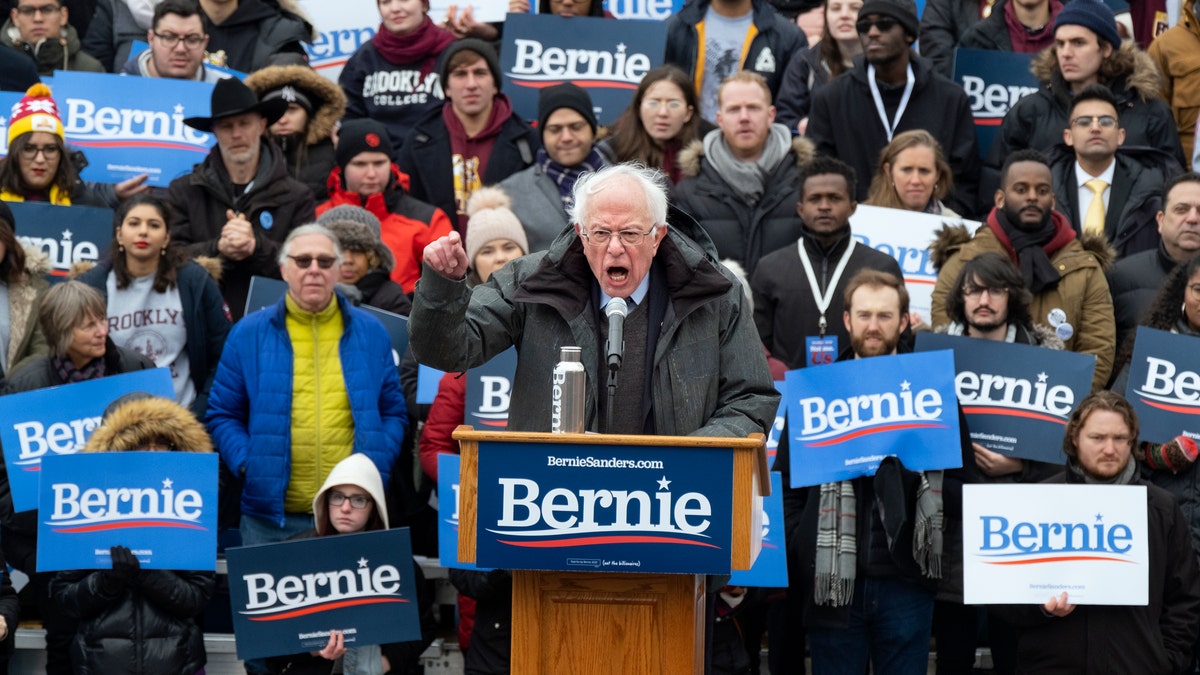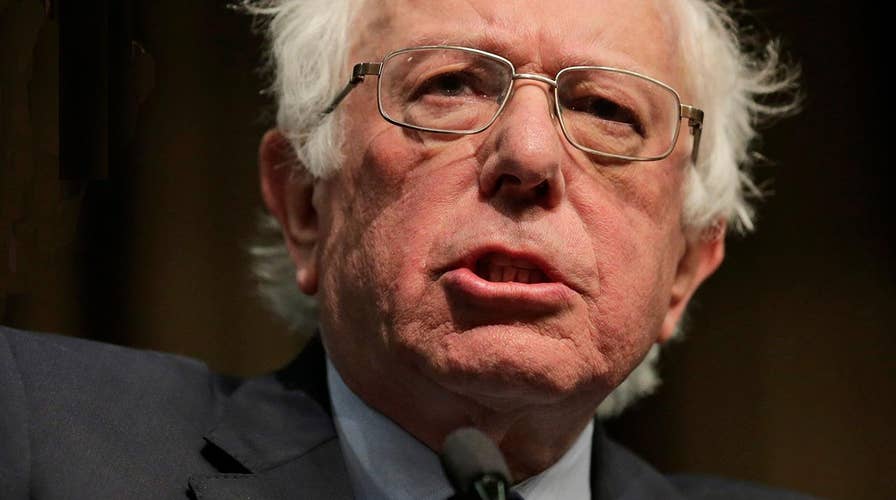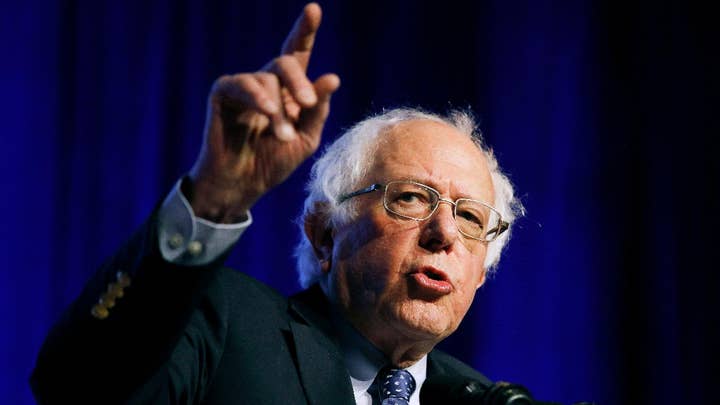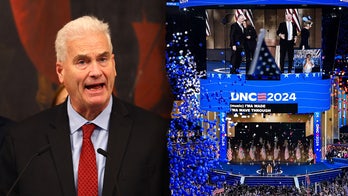Democratic presidential hopeful Sen. Bernie Sanders re-introduced his signature health care legislation Wednesday, promising a Medicare-style health care insurance for all Americans.
The move reopens the debate over his call to eliminate private health insurance and highlights Democratic presidential candidates' disparate visions for the long-term future of health care. President Trump and Republicans have slammed the "Medicare for All" plan and say the costs are extraordinary.
Sanders also indicated Wednesday he would support changing the legislative filibuster rules in order to pass his Medicare bill in the Senate -- the so-called "nuclear option."
Four of Sanders' opponents in the race for the 2020 Democratic presidential nomination are co-sponsoring his universal health care plan in the Senate. They include New Jersey Sen. Cory Booker, California Sen. Kamala Harris, New York Sen. Kirsten Gillibrand and Massachusetts Sen. Elizabeth Warren.
The plan, Sanders told CBS News' Ed O'Keefe, "guarantees, like every other major country on Earth, health care to every man, woman and child in this country."
SANDERS SAYS HE'S A MILLIONAIRE, VOWS TAX DAY RELEASE OF HIS RETURNS
He added that Medicare for All would "get rid of insurance companies and drug companies making billions of dollars in profit every single year."
Sanders, a self-proclaimed Democratic socialist, says his health care proposal isn't socialism but is "similar to what the Canadians have."

Sen. Bernie Sanders, I-Vt., speaks as he kicks off his second presidential campaign, Saturday, March 2, 2019, in the Brooklyn borough of New York. Sanders pledged to fight for "economic justice, social justice, racial justice and environmental justice." (AP)
Under the plan, all Americans would be covered by a government-backed program like Medicare. Health care costs would be covered but at a price.
Some estimates put the cost up to $32 trillion over the next decade.
WHAT IS DEMOCRATIC SOCIALISM BERNIE SANDERS POLITICAL IDEOLOGY
"What's expensive and what's unsustainable is the current health care system," Sanders said of the potential cost. "We are spending twice as much per capita as any other nation."
He added that Medicare for All would eliminate insurance companies that make "billions of dollars in profit every single year."
Though he did not go into specifics, Sanders said the role of insurers would be reduced.
"Under Medicare for All, we cover all basic health care needs, so they're not going to be there to do that. I suppose if you want to make yourself look a bit more beautiful, you want to work on that nose, your ears. They can do that," he said.
"So basically Blue Cross Blue Shield would be reduced to nose jobs?" O'Keefe asked.
"Something like that," Sanders replied.
CLICK HERE FOR THE FOX NEWS APP
"The Medicare for All Act will provide comprehensive health care to every man, woman and child in our country without out of pocket expenses. No more insurance premiums, deductibles or co-payments. Further, this bill improves Medicare coverage to include dental, hearing and vision care," Sanders' team wrote in a summary of the bill distributed ahead of a news conference on Capitol Hill.
In the past, the Vermont lawmaker has been cautious about using the "nuclear option" to advance a political agenda but seemed open to it regarding his bill.
"In terms of Medicare for All, before we even get to the issue of the filibuster, we need 51 senators who are prepared to do what polls show that rank and file Democrats want -- and that is a Medicare-for-all, single-payer system," Sanders said in a written statement. "Once we have, and I believe it will be sooner than later, a Democratic majority who are prepared to vote for Medicare for All in the House and Senate, we will pass it."
Sanders said only 15 of 47 Democrats currently support the legislation. He encouraged his colleagues to get on board.
"In my view, Democratic elected officials and candidates should do what grassroots Democrats want them to do," he said.














































